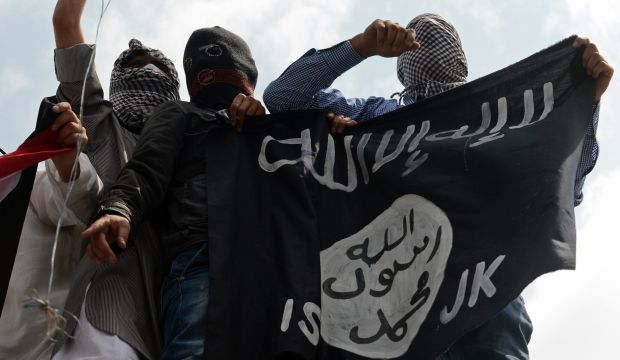In positive news from Saudi Arabia, it seems that the government has decided to launch a major new anti-narcotics initiative. According to details published by the newspaper, Al-Riyadh, Saudi Interior Minister Prince Muhammad Bin Naif has issued instructions to establish the Saudi Observatory for Narcotics Control, as well as an electronic network to help confront the phenomenon with the help of relevant authorities such as the customs department, the general directorates of narcotics control and border guards within the Ministry of Interior, and the Al-Amal Hospital, which treats and rehabilitates drug addicts.
The announcement, which was made by the secretary-general of the National Committee for Narcotics Control and deputy director of the General Directorate of Narcotics Control, Abdul Ilah Al-Sharif, said the Observatory will contain a specialized database helping in the fight against the trafficking and abuse of narcotics, and will include all reports issued by relevant international bodies.
The importance of this step lies in its potential to coordinate the efforts of different bodies with the same goals, to avoid clashes and duplication, and to make available all databases and information which will enable various bodies and senior policymakers to act with full access to relevant data.
What if we transferred this experiment to another area, one not too remote from that of narcotics and their harmful effects on individuals and society? What, then, if a national counter-terrorism observatory was established?
Religiously inspired terrorism, as we know, is a disease which destroys families, societies and countries alike; it spreads chaos and crime, undermines law and order, and destroys the lives, property and honor of others under the pretext of promoting religion.
The discourse of groups like the Islamic State of Iraq and Syria (ISIS), the Al-Nusra Front and Al-Qaeda—and before them Sayyid Qutb, Ayman Al-Zawahiri and others—spread this hidden disease among Muslim youth, while the fight against it remains rooted in a military–security approach.
History suggests that we do not fight terrorism violently except when it is armed, or when it gathers its supporters and youth and openly accuses the state of apostasy. Before this stage is reached, however, a violent response is neither needed nor effective. All you get here is preaching about the threats from fanatics, deviants and the “Kharijites,” all to no effect. There is no cure for this disease, but that is not the problem of the security forces; it is the problem of the nation as a whole, its heart and mind.
Let us stay with the idea of this observatory. Saudi Arabia is at the forefront of those states that fight terrorism truthfully, with no hidden political agenda. Its efforts to establish an international counter-terrorism center, which the Custodian of the Two Holy Mosques King Abdullah Bin Abdulaziz repeatedly called for, can be deemed effective. The contributions of Saudi security forces in protecting the world and Saudi society from the evils of terrorism can also be deemed effective. All this is common knowledge.
What remains to be done is to step up the efforts of bodies like the Islamic Affairs Ministry—which is responsible for overseeing religious guidance—and the Education Ministry, as well as religious bodies within the military and civil sectors, universities, and others.
Everyone must work according to a single vision, which is the vision drawn by the leader at the helm, the Custodian of the Two Holy Mosques, King Abdullah Bin Abdulaziz.
An observatory like this, if established in the right way, will function as the best early defense mechanism protecting the state and society from the Ebola of fundamentalist terrorism . . . before it manages to reach the body’s cells.
